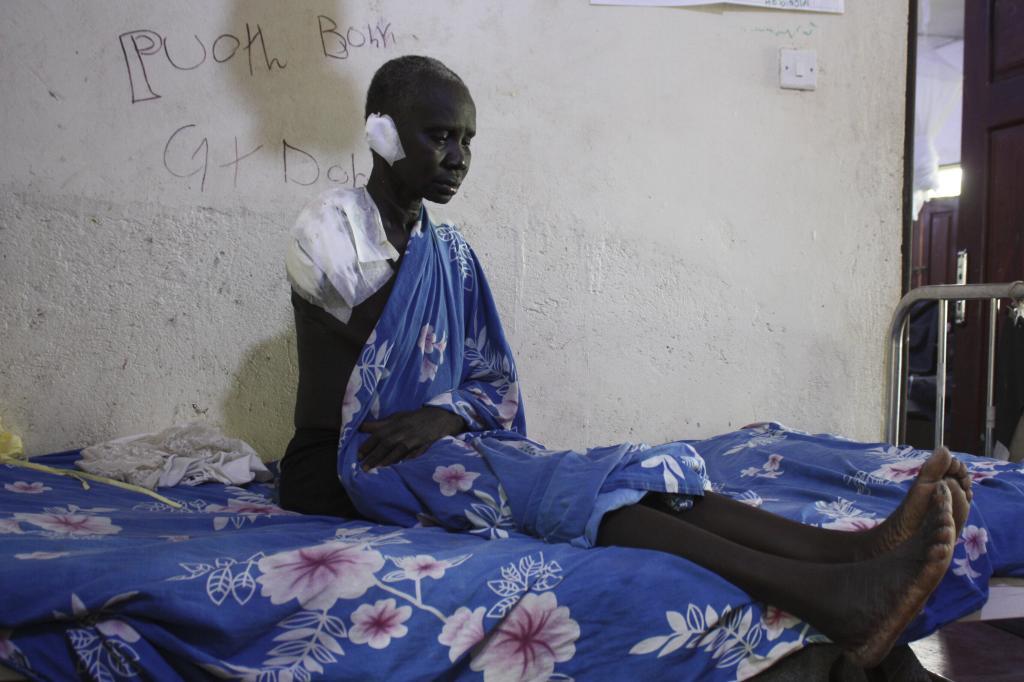While the world watches the destruction of Ukrainian cities by Putin and the induced famine in Gaza, another catastrophe is brewing away from the world's eyes. The current conflict in Sudan erupted on April 15, 2023, as a result of a fierce power struggle between the country's two main military forces: the Sudanese Army, led by General Abdel Fattah al-Burhan, and the Rapid Support Forces (RSF), a powerful militia commanded by General Mohamed Hamdan Dagalo, known as Hemedti, a notorious warlord with an extensive criminal record.
Although both leaders shared power after the 2021 coup that derailed the democratic transition initiated in 2019, tensions grew due to disagreements on how and when to integrate the RSF into the regular Army, a key step towards a civilian government. Mutual distrust and the ambition to control the state apparatus triggered an open war that quickly spread throughout the country, plunging Sudan into a severe humanitarian and security crisis. Urban combat erupted with explosions, artillery fire, and bombings, shaking the capital, especially in April and May. Markets, hospitals, historic centers, and government buildings were destroyed or severely damaged. The airport suffered fires and became inoperative. From six million inhabitants, Khartoum dwindled to just a few hundred thousand in a few weeks. Entire neighborhoods were destroyed.
This crisis has spread throughout the country, where both factions fight among themselves or rely on other allied militias. One of the most affected areas is the city of El Fasher, besieged by paramilitaries since April 2023 in underdeveloped Darfur. It is the last stronghold of the Sudanese army in the region, and its members resist leaving. Civilians have been in precarious conditions for months without humanitarian assistance. Most basic foods, such as millet and sorghum, have long been depleted.
At least 14 civilians have died in western Sudan this weekend at the hands of Hemedti's paramilitaries when trying to flee the besieged city of El Fasher, the capital of North Darfur state, according to an NGO report yesterday. According to Emergency Lawyers, which has been documenting atrocities since the beginning of the war, the attack occurred on Saturday in the village of Qarni, located on a road on the outskirts of this city. "It caused the death of at least 14 civilians and injured dozens more." Several civilians were also arrested, the NGO added. The Rapid Support Forces (RSF) paramilitaries have launched a new offensive in recent days against the town, which they have been besieging since May 2024 without being able to seize it from the Army.
The UN has repeatedly warned about the fate of hundreds of thousands of civilians trapped with little to no help or services in El Fasher. Just two days before the latest attack, the RSF's political administration urged civilians to evacuate the town of Qarni, but the lack of trust prevents anyone from moving. A doctor, who requested not to be identified for security reasons, told Reuters that hunger was an even bigger problem than the bombings. "Children are malnourished, adults are malnourished. Even today, I haven't had breakfast because I can't find anything," he commented.
The war, now in its third year, has left tens of thousands dead and millions displaced. The UN describes it as "the worst humanitarian crisis in the world". The army controls the center, east, and north of Sudan, while the paramilitaries control almost all of Darfur in the west, with the exception of El Fasher and parts of the south. These are oil-rich areas, and it is thanks to black gold that they manage to finance the conflict against their opponents.
Various militias and armed groups of different backgrounds also occupy parts of the territory in the northwest, in the border triangle between Sudan, Libya, and Egypt, a region that is pure desert where yesterday they found 50 Sudanese refugees, including women and children, abandoned in the Syouf Bou Fatima area.
In these contexts, it is common for one of the most feared evils in displaced or besieged populations to appear: cholera. This disease is spreading in the North Darfur region and threatens thousands of children already weakened by hunger and displacement, as warned on Sunday by the United Nations Children's Fund (UNICEF), while aid convoys struggle to reach isolated communities closed off by militia checkpoints, who try to seize the food.
More than 1,180 cases of cholera have already been recorded - around 300 in children - and at least 20 deaths in Tawila, a city that has welcomed over half a million people. Throughout the Darfur region, the numbers are even more alarming: there are nearly 2,140 cases and at least 80 deaths as of July 30. "Despite being preventable and easily treatable, cholera is spreading in Tawila and other parts of Darfur, threatening the lives of children, especially the youngest and most vulnerable," said Sheldon Yett, UNICEF representative in Sudan.
